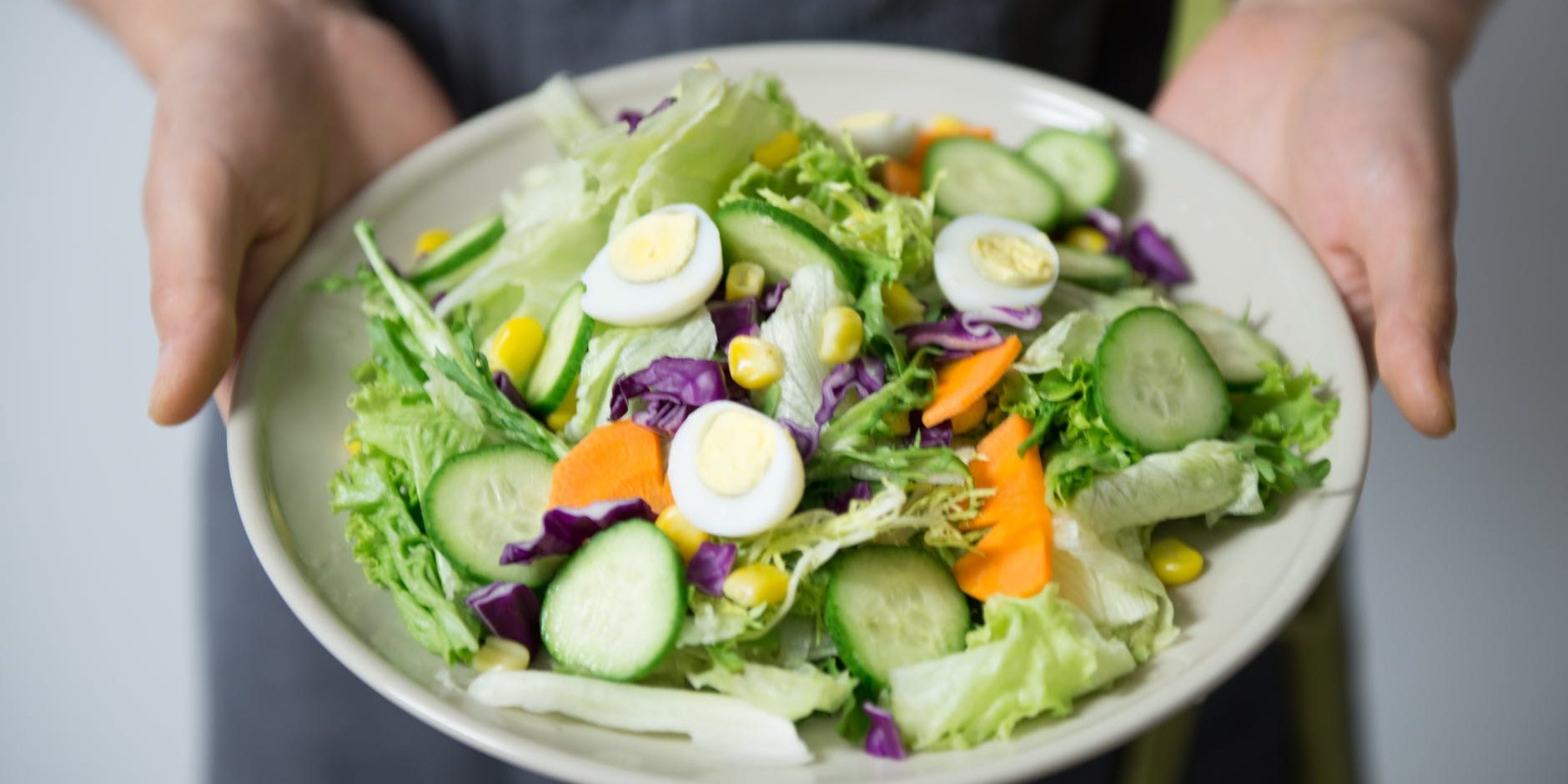Indigestion, Irritable Bowel Syndrome and Fructose Malabsorption are common digestive issues we see in the clinic. If you are not sure how to manage your digestive discomfort and aren’t sure if it’s something you are eating (and then if it is a food, which food?) or there has been some sort of injuring to your digestive system (like a parasite), it can be difficult to know where to start. Seeing a naturopath is a great place to start and they can help you navigate your way to a happy digestive system again.
In recent times, the low FODMAP diet has become the ‘go to’ when a person is experiencing digestive discomfort, often regardless of the cause.
So let’s explore….
What is the low FODMAP diet?
The low FODMAP diet was developed in 1999 by Dr Sue Shepard to aid in the treatment and management of Irritable Bowel Syndrome.
FODMAP stands for:
Fermentable
Oligosaccharides (fructans)
Disaccharides (lactose)
Monosaccharides (fructose)
Polyols (sorbitol, xylitol, mannitol)
These are types of sugars that, if not broken down in the small intestine, move into the large intestine where naturally occurring bacteria digest these sugars and cause fermentation. If there is too much of this happening, you can experience symptoms such as:
• Diarrhoea &/or
• Constipation
• Bloating
• Excess Gas
• Abdominal pain
• Nausea
The current theory is that by avoiding the foods containing high levels of FODMAP (types of natural sugars found in foods) that you can reduce the amount of fermentation that happens in the large intestine. This then helps to reduce the above symptoms.
How does it improve digestive symptoms?
By limiting the fodmap containing foods you can reduce the unpleasant symptoms of bloating, flatulence and altered bowel motions. But this means also reducing the intake of some very nutritious and delicious wholefoods. Including: artichokes, garlic, onion, avocado, cherries, pears and mushrooms. These are just a few of the vegetables and fruits that you will have to exclude from the diet.
But what if there was a different answer and you could eat those yummy, nutritious foods?
What is the possible cause of digestive issues with FODMAP containing foods?
The cells that line the small intestine have finger-like projections called villi. On these villi are cells called enterocytes where the food is absorbed. These cells have what is called a brush border (micro villi) on their surface. The micro villi produce an enzyme called disaccharidases which break down sugars enabling them to be absorbed.
The health of these enterocytes in people with digestive disorders is usually poor therefore insufficient amounts of this enzyme will be produced. This means these sugar molecules will be staying within the digestive tract becoming food for various types of non-beneficial bacteria allowing it to thrive further causing digestive issues and damage to the gut lining.
It is very true that these types of sugars will need to be removed from the diet if the digestive structure and function is to be able to heal.
From a naturopathic perspective, this is the point where gut healing needs to take place. Often I see patients in the clinic that have had great relief from following the low FODMAP diet but can often feel very restricted and extremely uncomfortable if they accidently ingest a FODMAP containing food. By healing your digestive system, there is a great chance that FODMAP fruits and vegetables should be able to be gradually reintroduced in a balanced wholefood diet.
Do you need to heal your gut?
If you or someone you know is struggling with digestive discomfort, a Gut Healing Program may be the answer. Remembering that everyone is individual and there often isn’t a ‘one size fits all’ when it comes to managing health issues. Your Naturopath can help assess how to best provide your digestive system with the support you need to restore the optimal function, taking into consideration your individual needs and health concerns.
Emma Tippett is an enthusiastic and caring naturopathic practitioner. As a dedicated Melbourne Naturopath she believes that finding and maintaining your optimal health is the primary focus of your treatment. For a free 5 minute phone briefing or to book an appointment with Emma, please call 1300 21 44 25.







